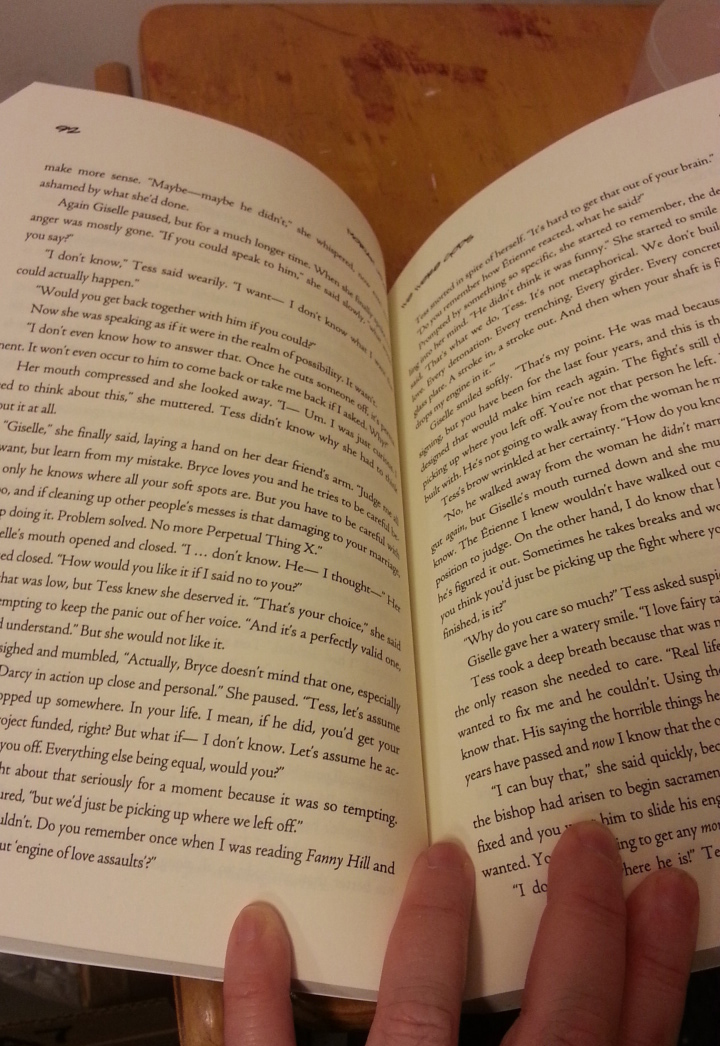
“I am in my prime. Professionally. Financially. Intellectually. Not sexually. All things considered, my sexual prime came in the back of a 1970 Nova and went out the door of a judge’s office three months later.”
I crack me up. I really do. Yesterday, I randomly tweeted the above out of one of my books that I thought was one of my better lines. That’s Finn Marston,1 from Lion’s Share narrating the circumstances of his shotgun wedding at 19.
That’s funny (yes, it is; fight me), but the real story is in Lion’s Share’s opening line.2 Read more


 My story, “Allow Me to Introduce Myself,” that appeared in
My story, “Allow Me to Introduce Myself,” that appeared in 




 Tess: “You know this makes us like
Tess: “You know this makes us like  “You’ve been smooth as a baby’s butt since you were gored three years ago,” Victoria said.
“You’ve been smooth as a baby’s butt since you were gored three years ago,” Victoria said.

